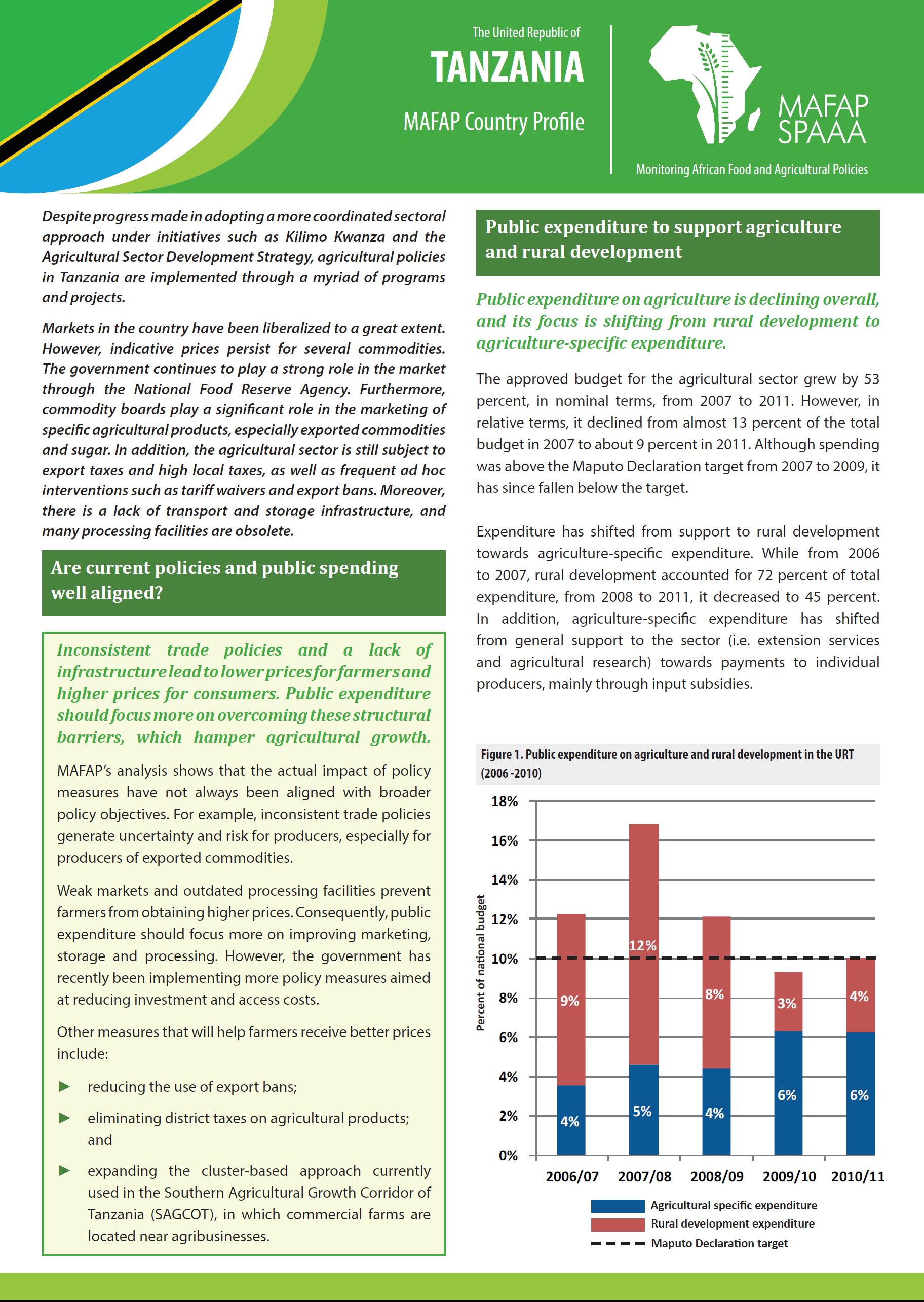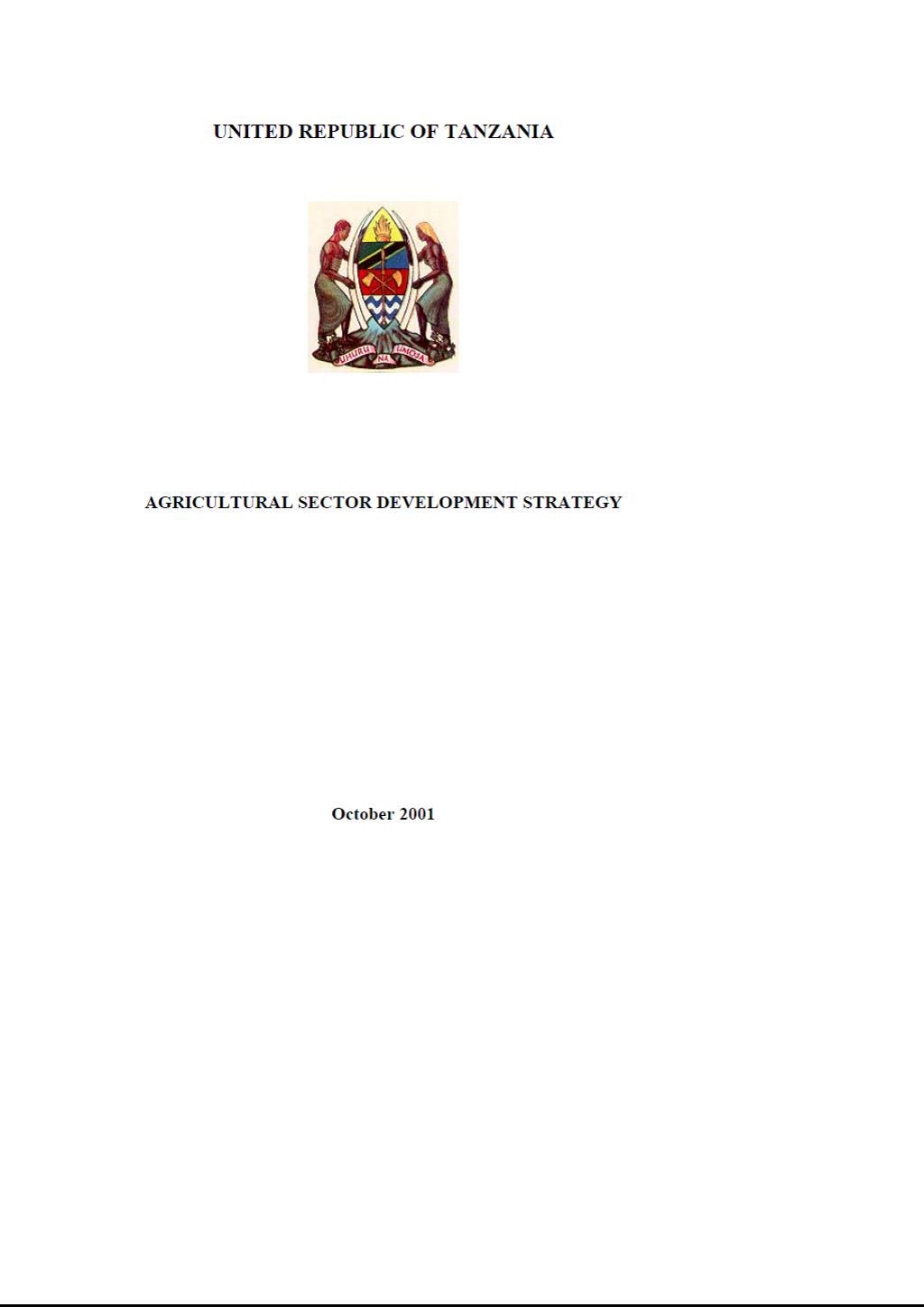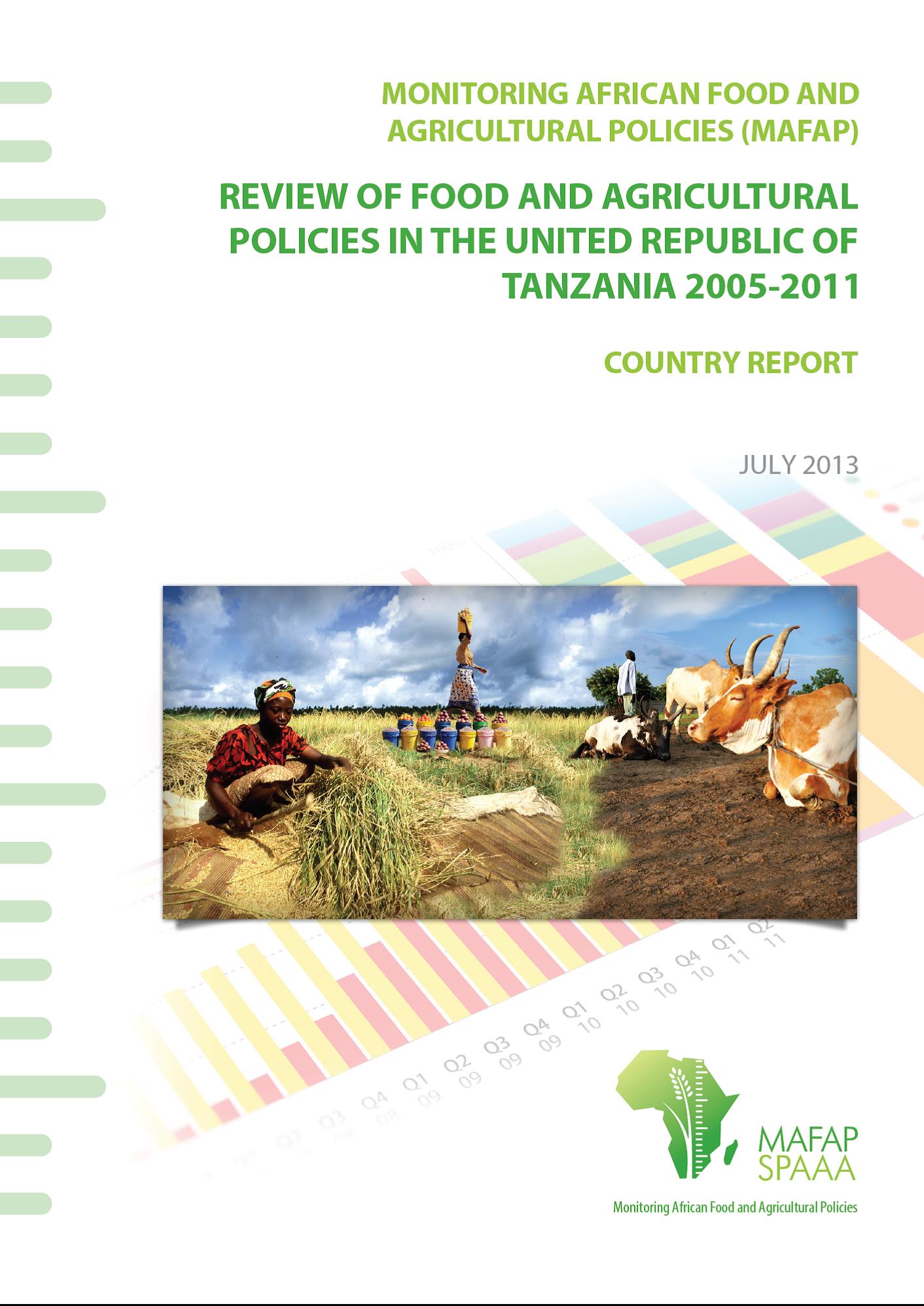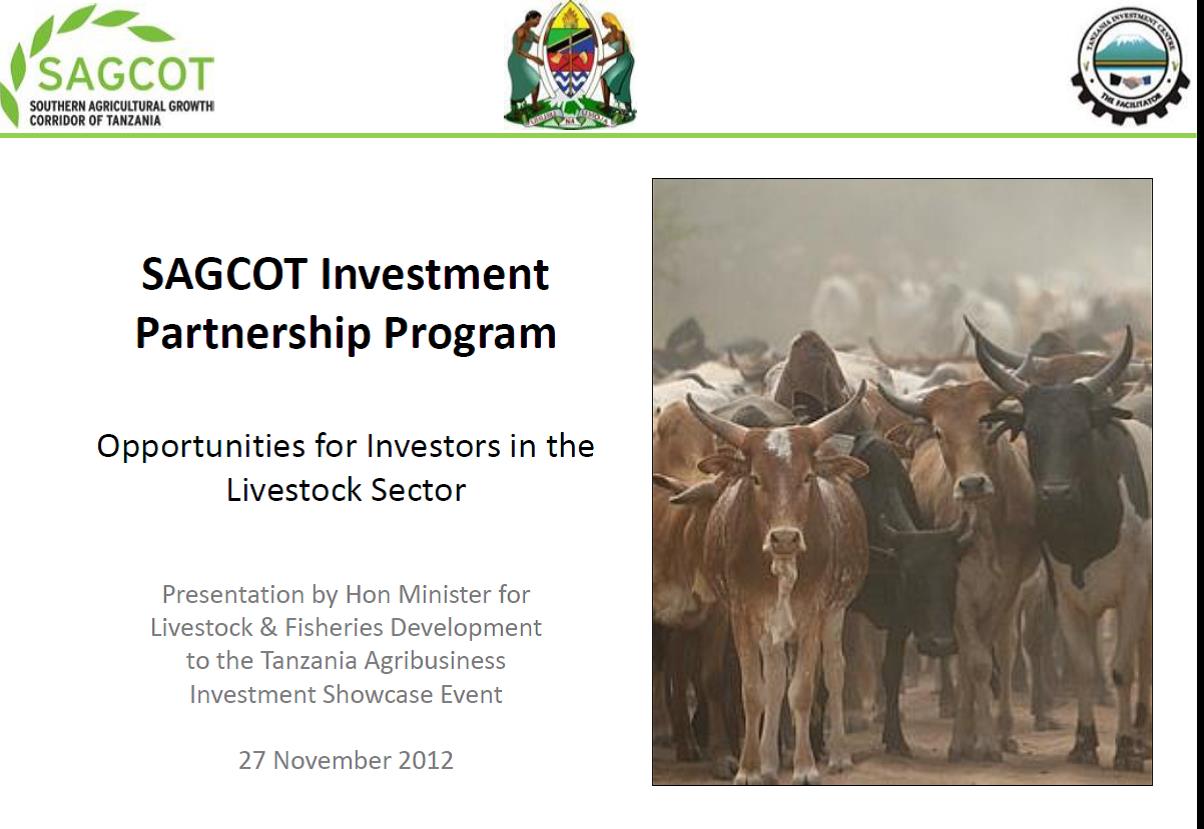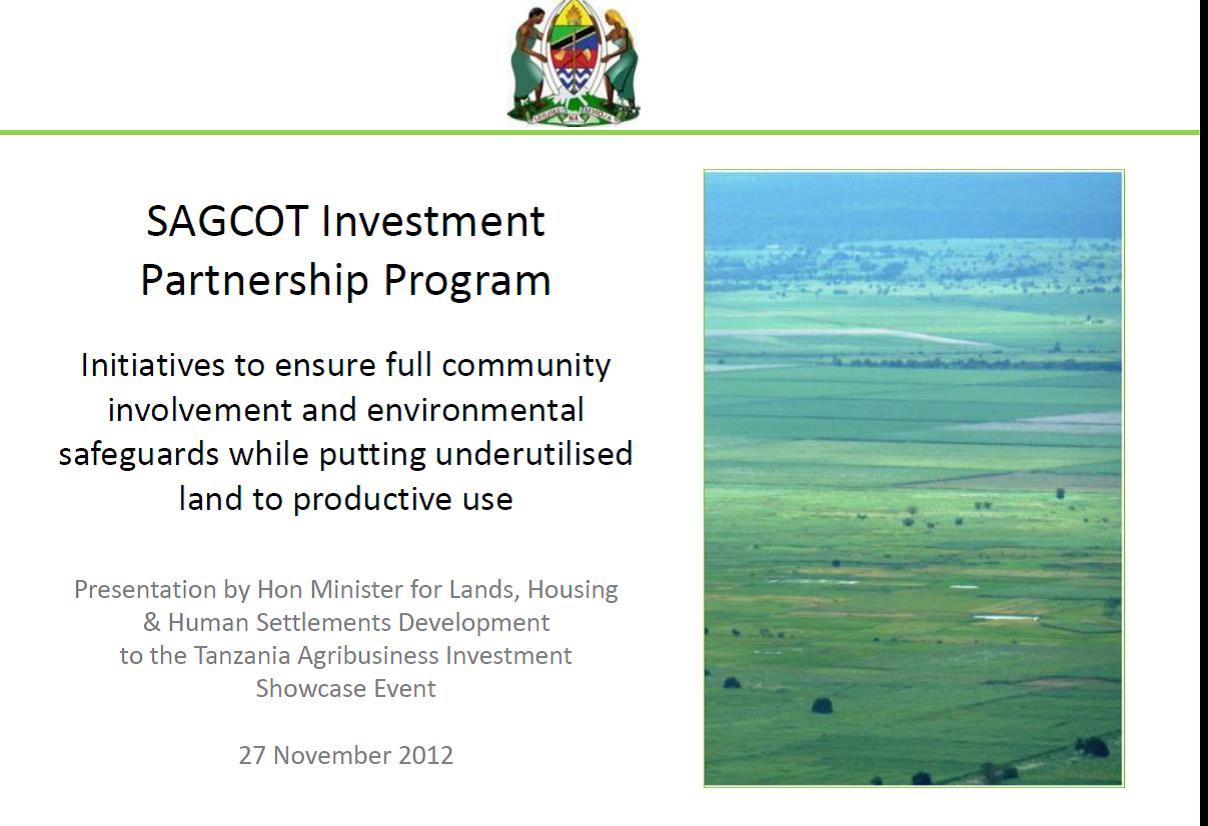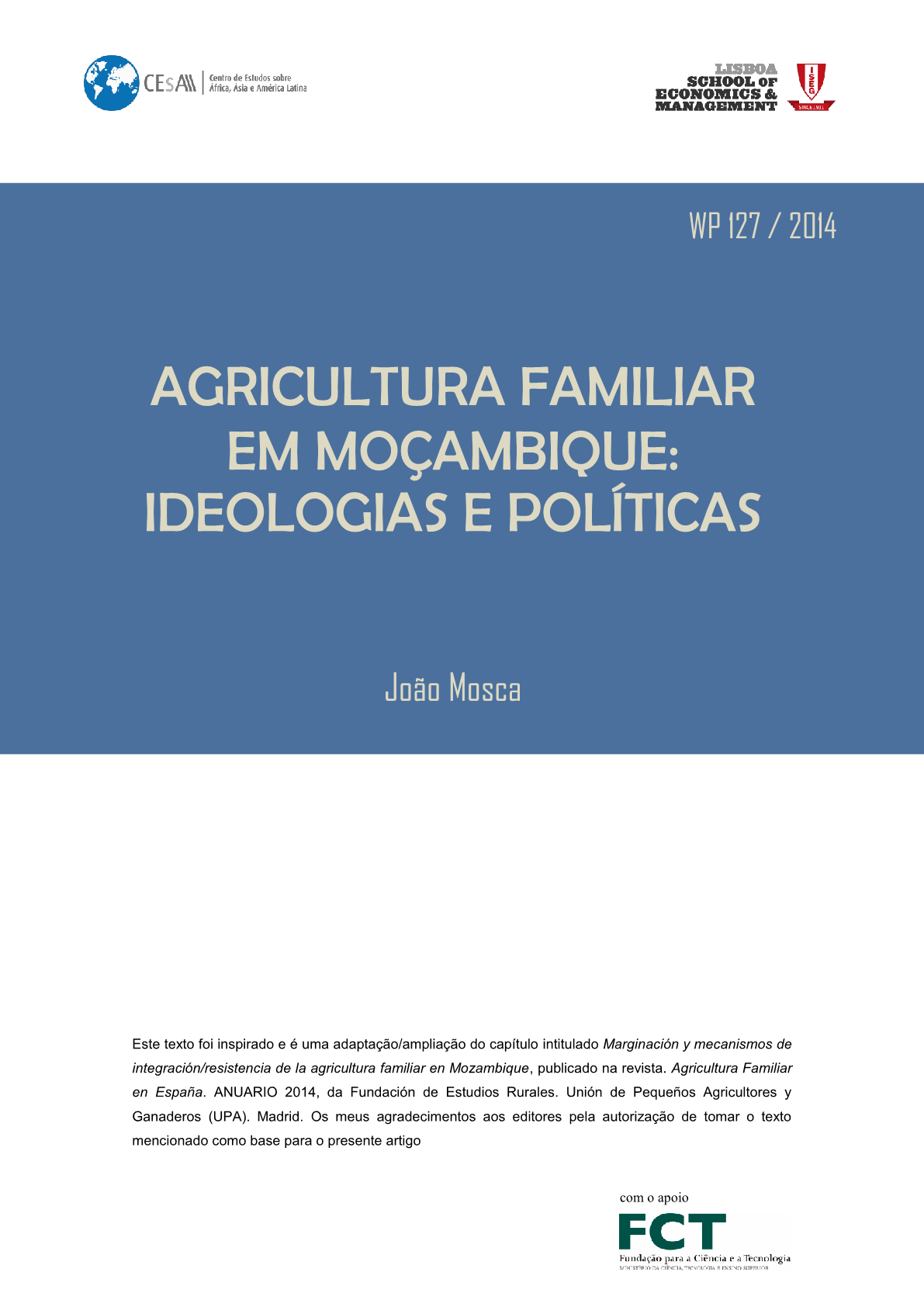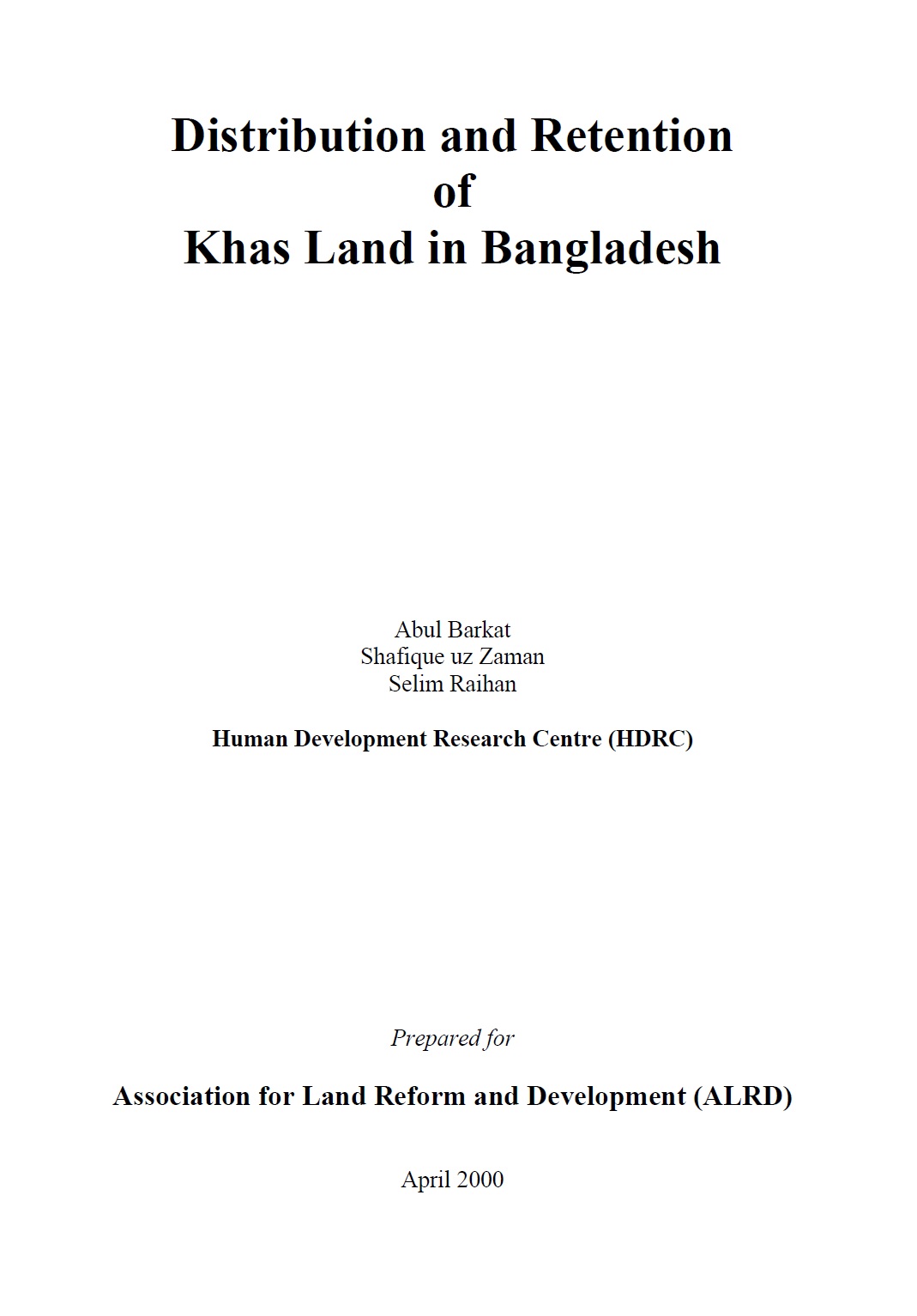Monitoring African Food and Agricultural Policies
Despite progress made in adopting a more coordinated sectoral approach under initiatives such as Kilimo Kwanza and the Agricultural Sector Development Strategy, agricultural policies in Tanzania are implemented through a myriad of programs and projects.

